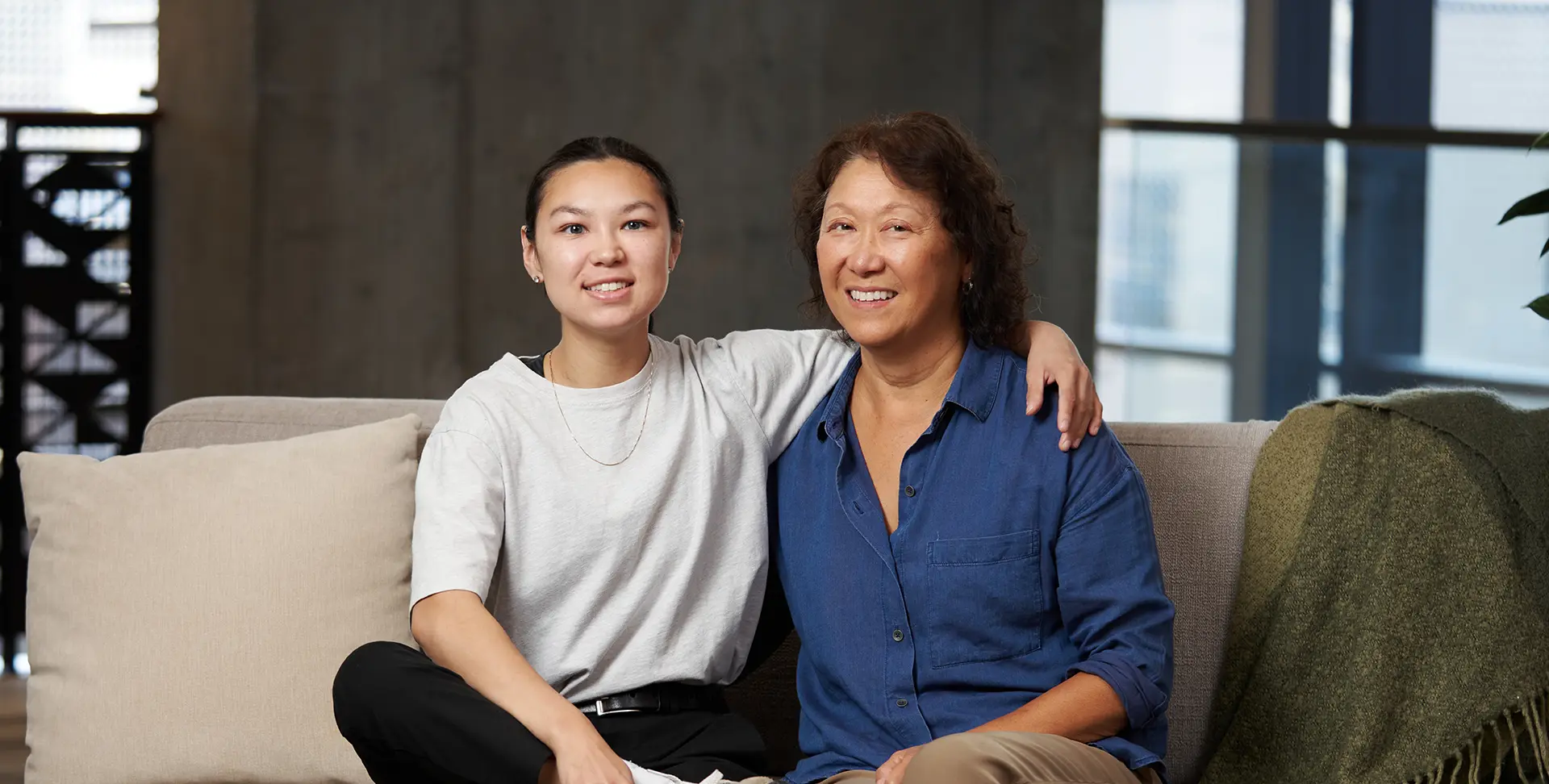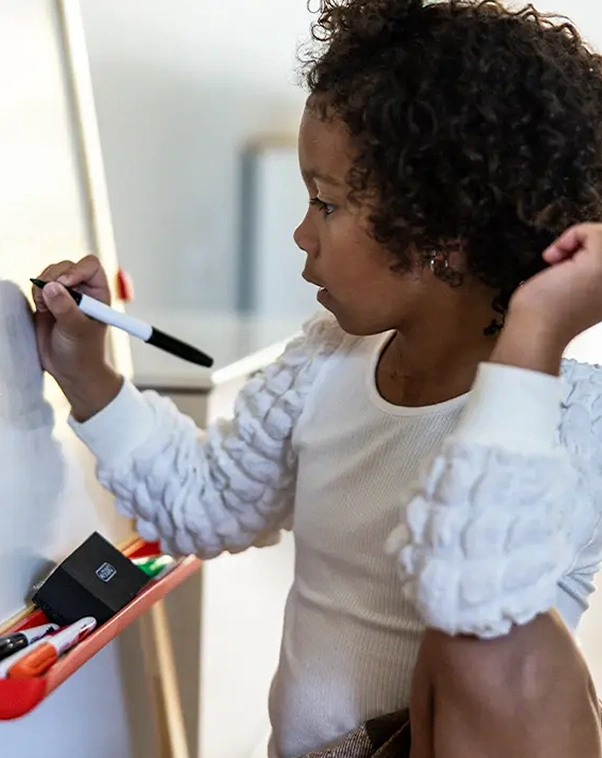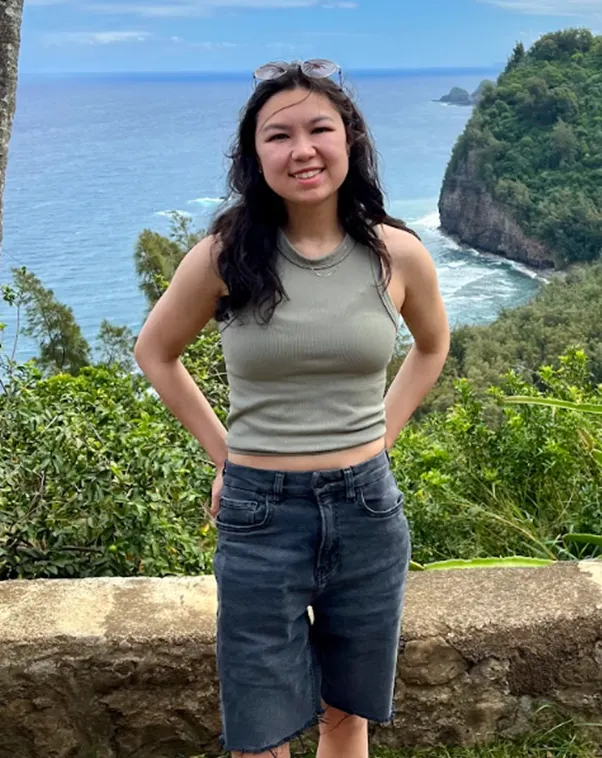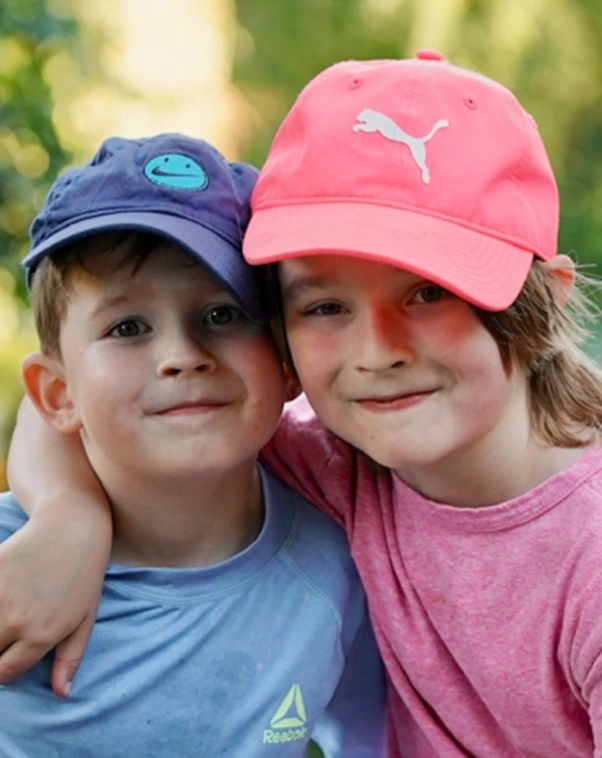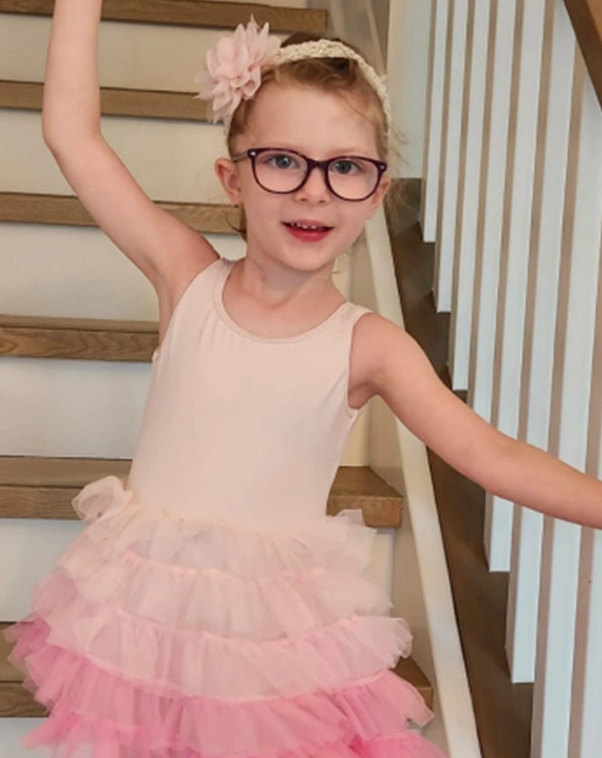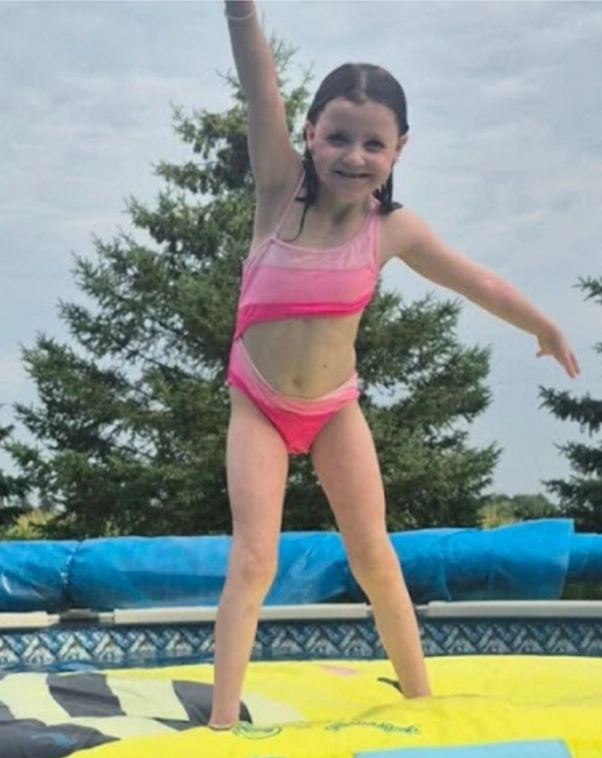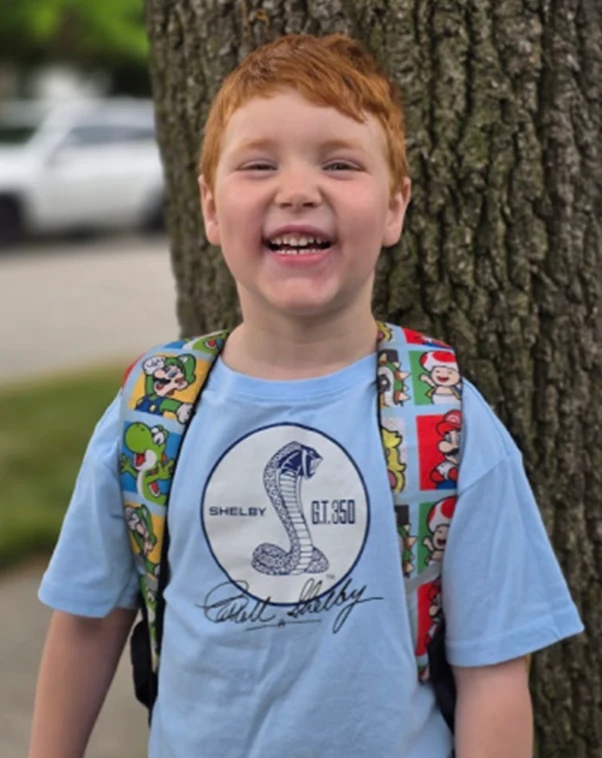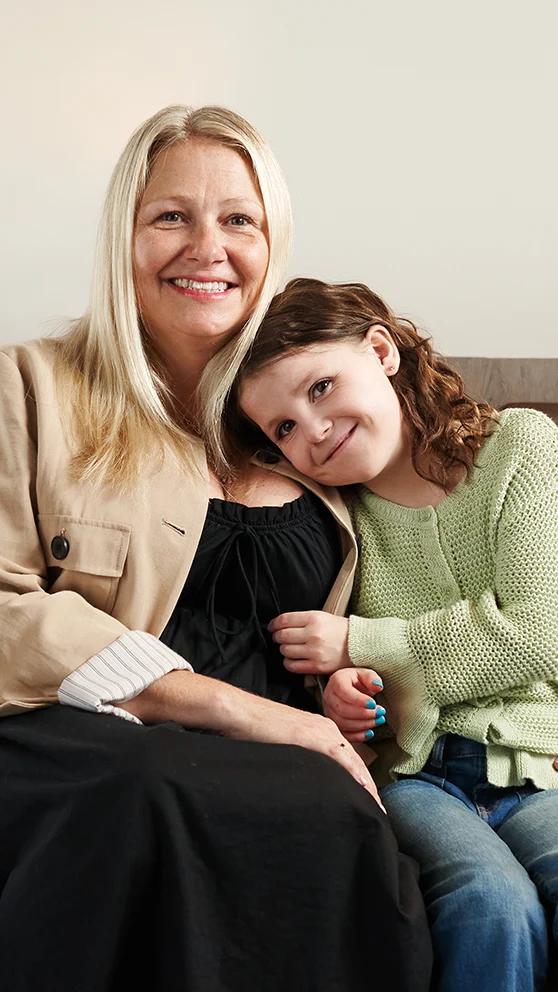
Big wins and second chances
A new heart gave Natalie a new beginning
Born with complex congenital heart defects, Natalie’s first months were a fight for survival. A heart transplant at five months old transformed her from a fragile blue‑tinged infant into a thriving and active child. Now eight years old, she plays sports, loves learning new skills at school and embraces every chance to live life to the fullest.
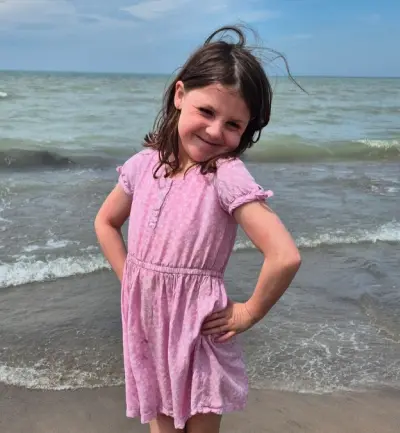
Natalie soaking up the sun at the beach.
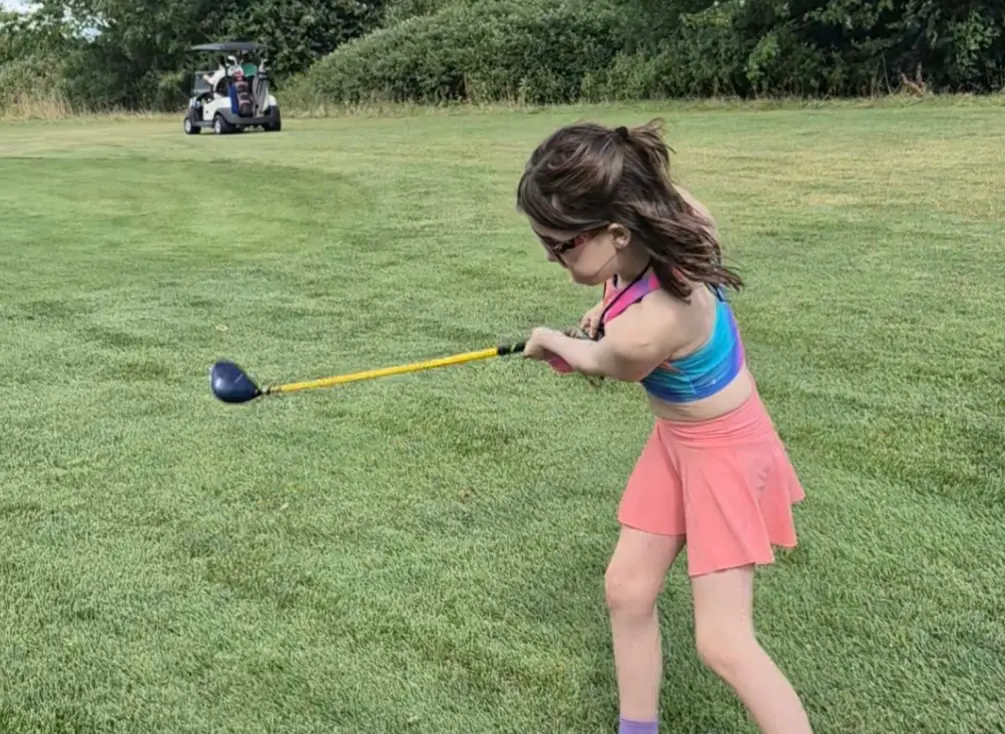
Natalie enjoying a great day on the golf course.
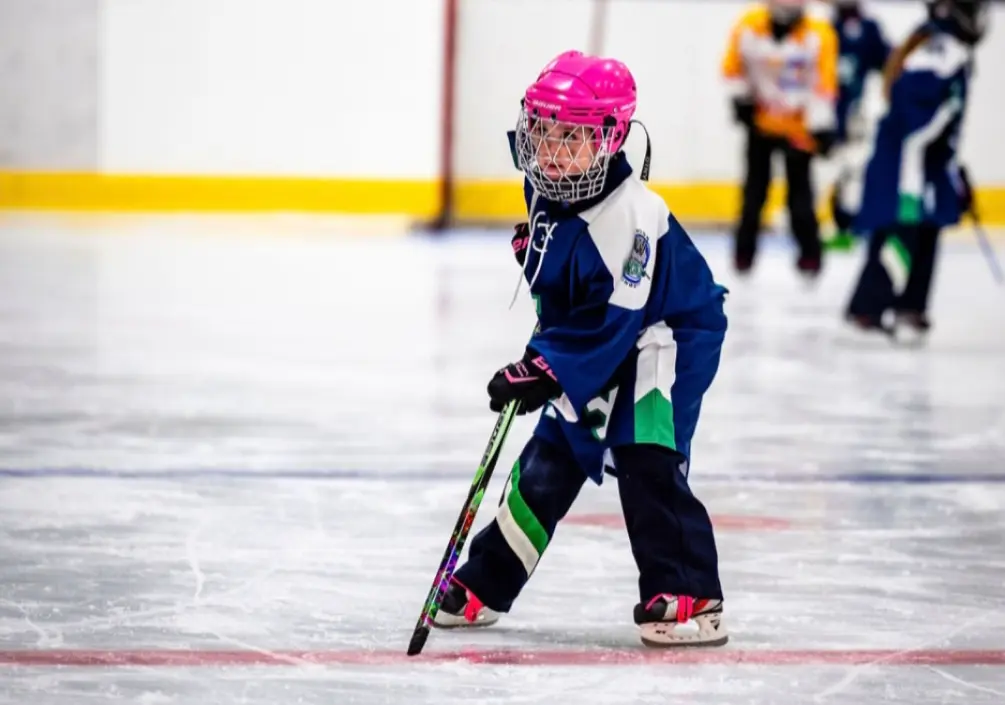
Natalie playing hockey with her friends.
Natalie was born at SickKids Hospital in Toronto, her family already aware that she would face serious heart challenges. Doctors had diagnosed Hypoplastic Left Heart Syndrome, Double Outlet Right Ventricle and other complications in utero.
At just two days old, Natalie went into cardiac arrest following emergency pulmonary artery banding surgery. Her tiny body became critically ill. She was placed on life support through ECMO, a machine that pumps blood outside the body, removes carbon dioxide and sends back oxygen-rich blood. Her chest remained open for 14 days to allow her swollen heart to recover. At one point, the newborn was suspended from her bed so that her medical team could work to safely close her chest.
The cardiac arrest caused damage to Natalie’s tricuspid valve. She also had a clot in her right jugular vein and a brain bleed. It became clear that her best chance at survival was a heart transplant. Natalie’s family spent months in the hospital’s critical care unit, waiting and hoping for the transplant their child needed to live.
The call came when Natalie was five months old: a donor heart was available. Natalie finally underwent transplant surgery.
After the procedure, Natalie’s transformation was immediate. While Natalie’s skin had once been blue, it now had a healthy pink glow. Instead of conserving all her energy just to breathe and digest, Natalie moved her arms and legs freely, like other babies her age.
Her mother remembers treasured milestones from those early weeks: The first time she felt Natalie move a leg along her arm – just for the joy of moving. The day Natalie felt fresh air, wind and sunlight on her face for the first time. Simply putting a little outfit on Natalie.
“When Natalie was in heart failure she couldn't control her body temperature,” recalls her mother. “She laid on bags of ice which we replaced frequently – her body was always hot, so she never wore clothes.”
Since her transplant, Natalie has made up for lost time. She still visits SickKids regularly for blood work and check‑ups, but her life is now filled with regular childhood activities.
Natalie has learned to walk, play, read and explore the world outside the hospital walls. She plays ringette and baseball, and her ringette team recently came first in their championship.
From the everyday activities to the sporting achievements, everything Natalie can do since she received her new heart is an exciting win.
Natalie’s family was deeply moved to have the chance to thank Dr. Lori West in person for her life-saving research breakthrough in the field of pediatric heart transplants.
- See the researchers working on more life-saving breakthroughs
- Learn more about congenital heart disease

Meet a heart transplant pioneer
Thirty years ago, Dr. West's research shattered beliefs about heart transplants. Today, her breakthrough continues to save children’s lives.

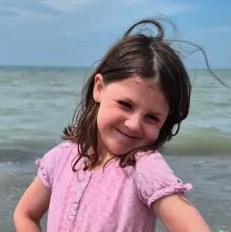
Real stories, real impact
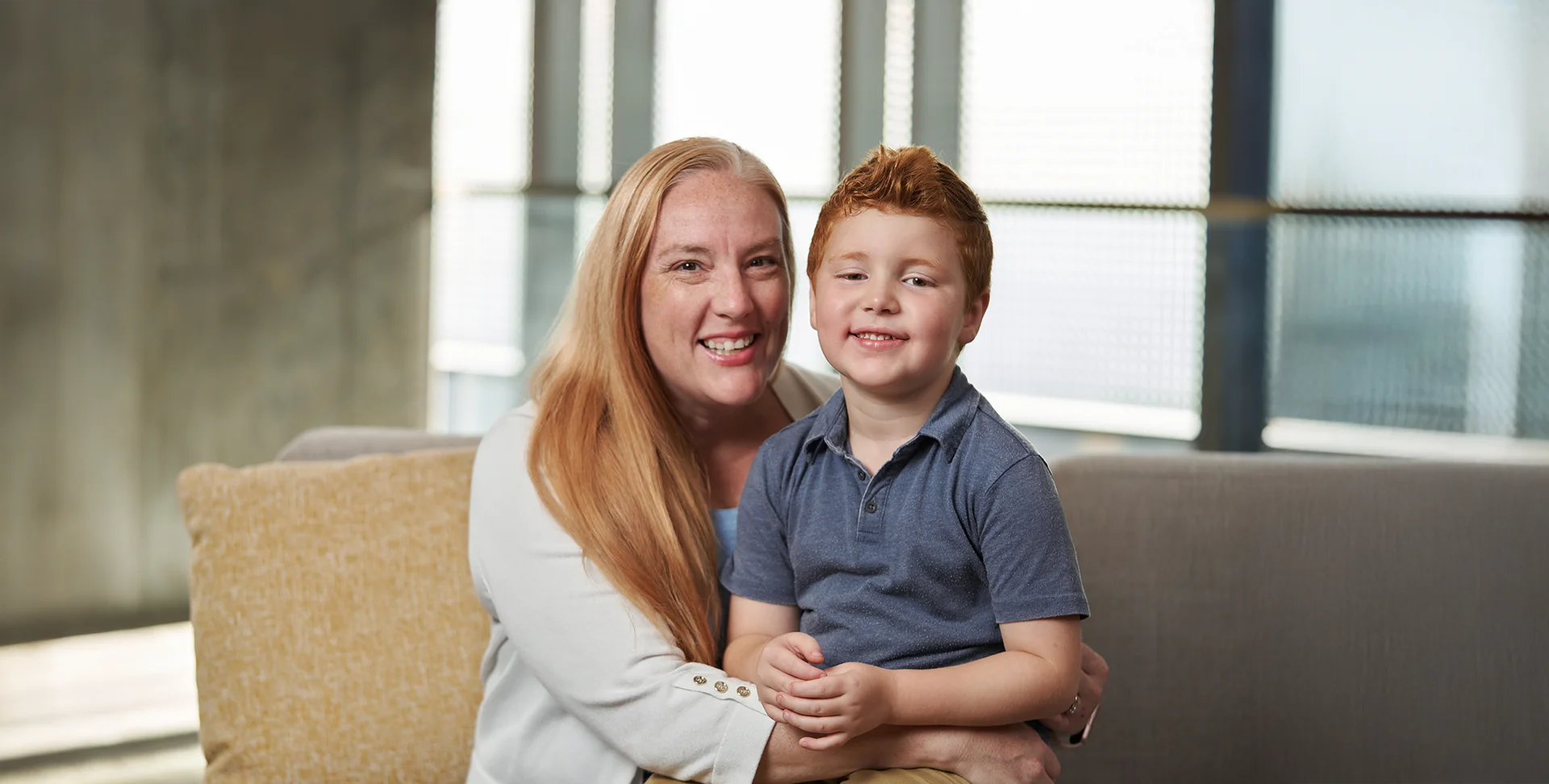
Bravery in every beat
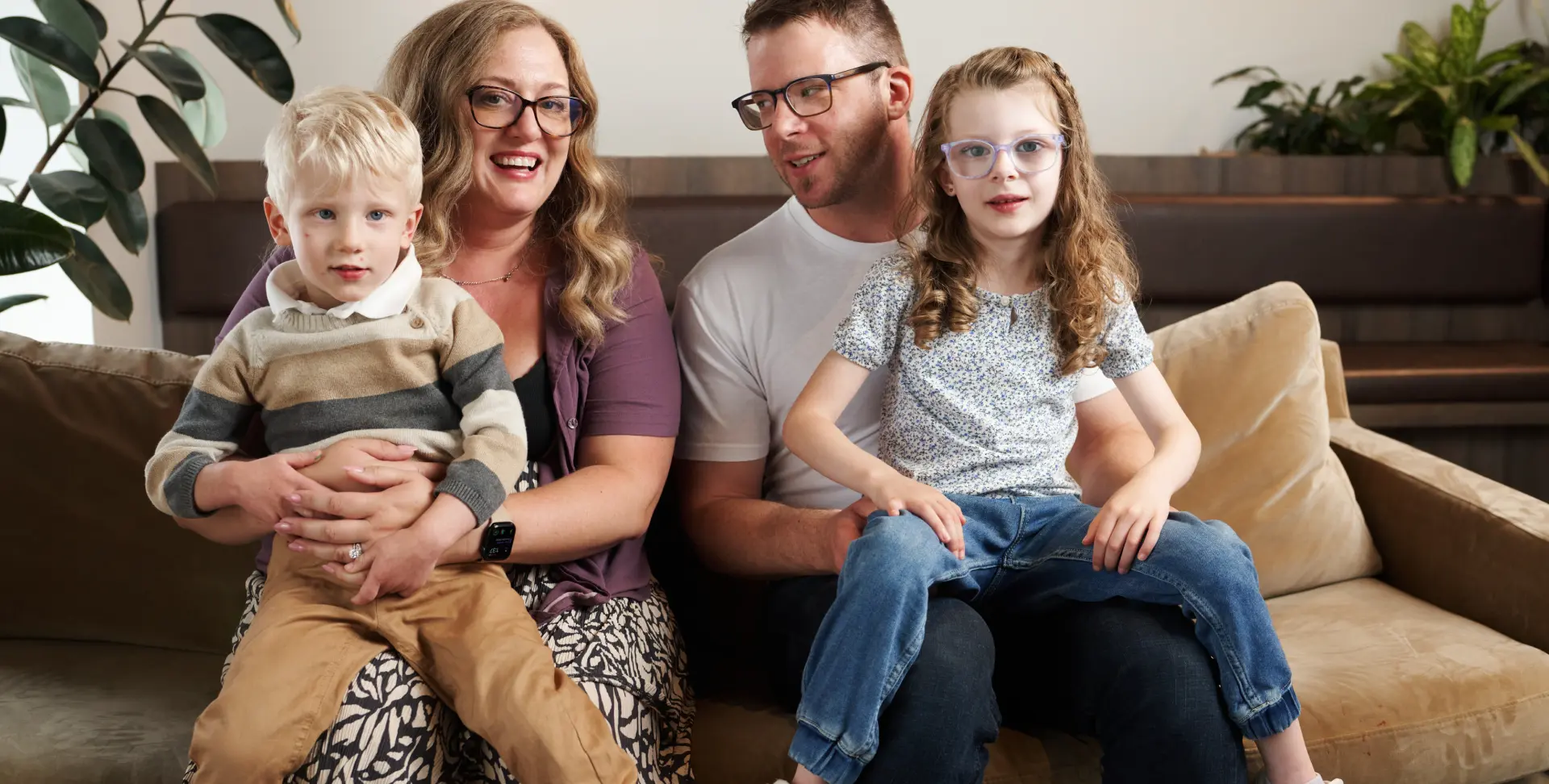
Charlotte’s journey from crisis to joy
